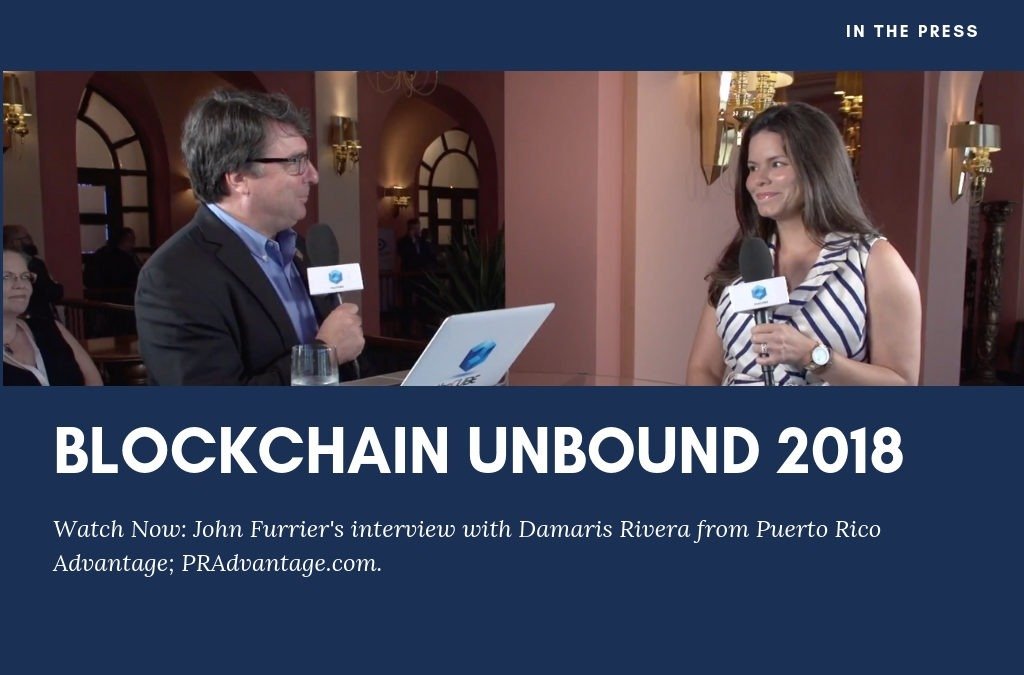
Charity Donation Requirements
Most Puerto Rico investors who apply for Act 60 or Act 22 must donate to a Puerto Rico charity each year.
Note: there is no charity requirement for business owners if you chose not to pursue the Investor incentive.
Rules for Act 60 and Act 22 Charitable Donations
- Under Act 60, Investors are required to donate at least $10,000 annually, starting in their second year.
- $5,000 of this must go to a charity on the CECFL list. This indicates it is an approved non-profit that helps to alleviate child poverty in Puerto Rico.
- The other $5,000 can go to any approved PR non-profit (certified under 1101.01 of the PR law, which is equivalent to 501(c)(3) in the mainland US).
- As organizations on the CECFL list are also qualified non-profits, it is acceptable to donate the full $10,000 to a CECFL charity. Note that there is some conflicting information on this point on some websites – see below for more details.
- Many Act 22 Investors also have a requirement to donate $5,000 annually to PR charities.
- No portion of this is required to go to a CECFL non-profit.
- For all Investors, there are a few additional rules:
- The charity cannot be an organization that is owned or controlled by the investor who is donating, or by that investor’s spouse or partner, descendants, or ascendants.
- You can donate to multiple charities or to just one, as long as the total adds up to at least the minimum required under the Investor program you are in.
- The deadline each year to complete your donations is December 31 of that year.
- Receipts must be retained in your records to show evidence of the donations.
Can the full Act 60 donation can go to a CECFL organization?
Yes, it can. Some experts understand the Act 60 law to mean that only half can go to a CECFL charity. Sometimes tax and legal professionals interpret the law differently from the attorneys who work for the PR government. It’s important to find out how the PR government views the law.
Because there is differing professional advice on this point, we consulted with a DDEC attorney for clarification. DDEC is the PR department that administers the tax incentives program. DDEC advised us that investors can allocate the full $10,000 donation to a CECFL entity if they choose.
How do you find a Puerto Rico charity you can trust?
Sites such as Guidestar can help you to identify if a non-profit is transparent in their spending. We prefer to research charities before donating, to ensure that the non-profit has a good, honest reputation. After careful consideration, Puerto Rico Advantage has chosen to endorse Tech My School and is evaluating other non-profits for possible endorsement. You can find out more by downloading a recent webinar we hosted in partnership with Tech My School, or by watching a recording of it posted to YouTube.




